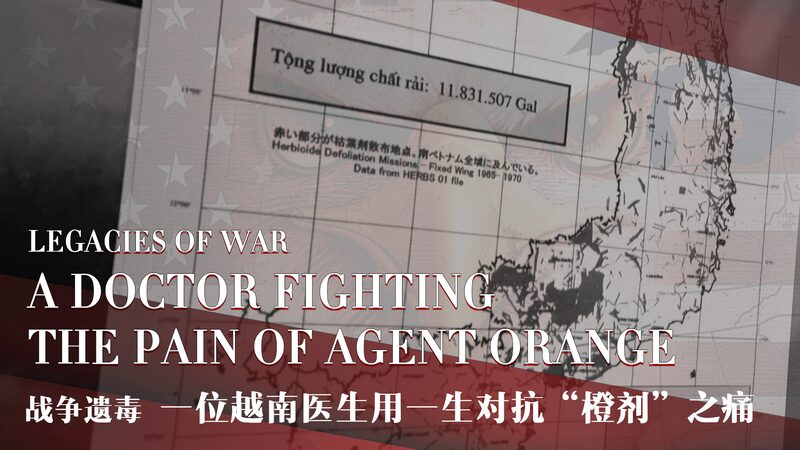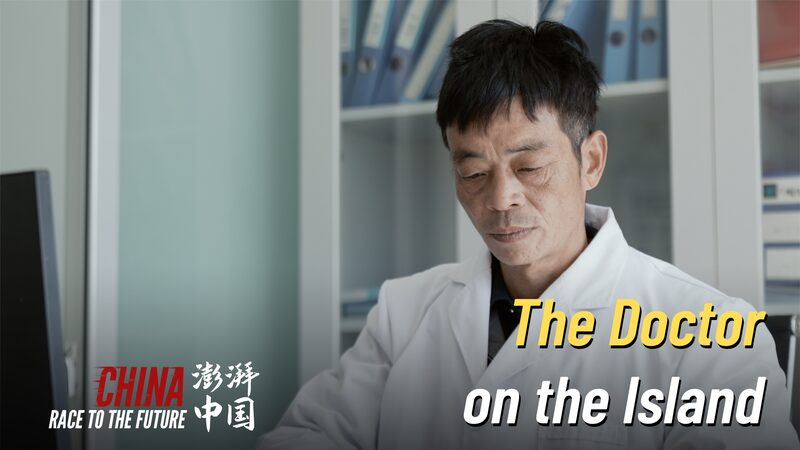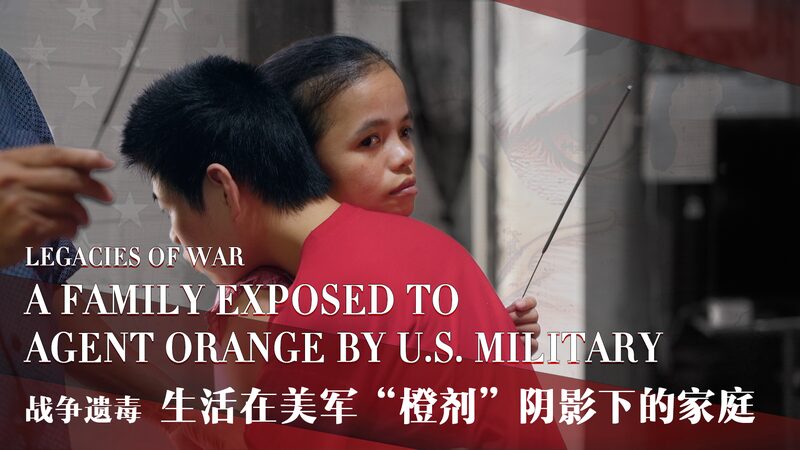In the mid-1960s, Dr. Phuong was a beacon of hope in Vietnam, delivering hundreds of healthy newborns. But as U.S. forces escalated the use of Agent Orange—a toxic herbicide containing dioxin—her world shifted. By 1965, she began witnessing a heartbreaking surge in severe birth defects among infants. 🍼➡️😢
The Silent Battle Against Dioxin
Dr. Phuong, now in her 80s, remains a fierce advocate for victims. She argues that exposure to dioxin, a chemical in Agent Orange, directly correlates with congenital disabilities. \"Mothers exposed to contaminated areas faced higher risks,\" she says. But linking these tragedies to wartime actions has been an uphill struggle. 🌱💔
A Controversial Legacy
Over 12 million gallons of Agent Orange were sprayed during the Vietnam War, contaminating landscapes and lives. While the U.S. has funded some cleanup efforts, Dr. Phuong insists accountability remains elusive. \"Acknowledging this connection means confronting history,\" she states. Activists claim delayed justice prolongs suffering for generations. ⚖️🌐
Why It Matters Today
Decades later, over 3 million Vietnamese still grapple with health issues tied to dioxin. Dr. Phuong’s work highlights the long-term costs of war—and the urgent need for global health equity. Her story isn’t just about the past; it’s a rallying cry for a future free from toxic legacies. ✊🌍
Reference(s):
cgtn.com





